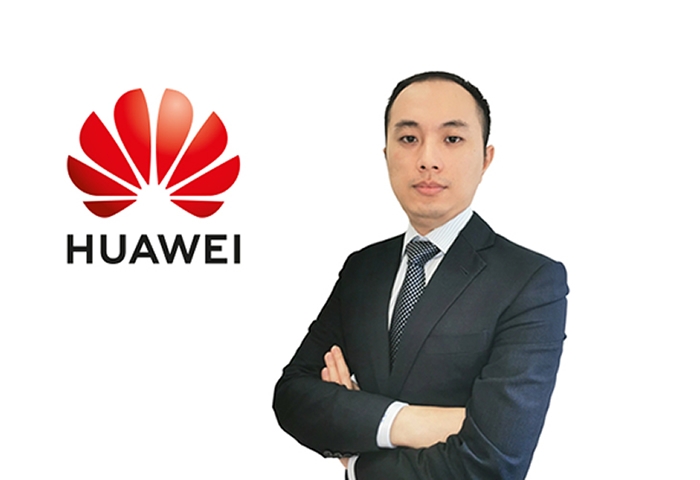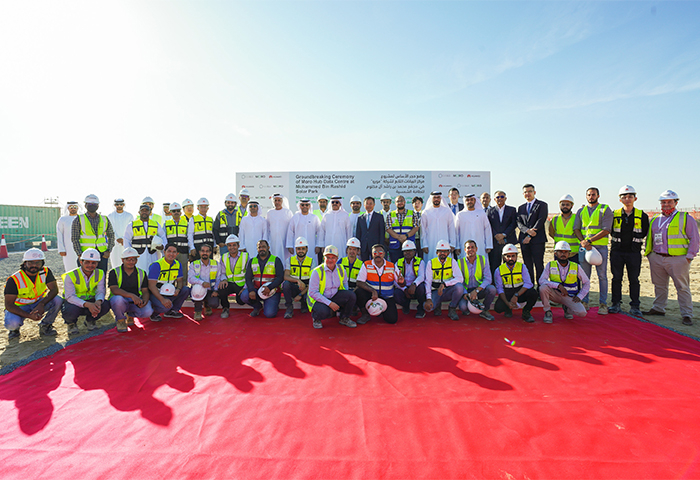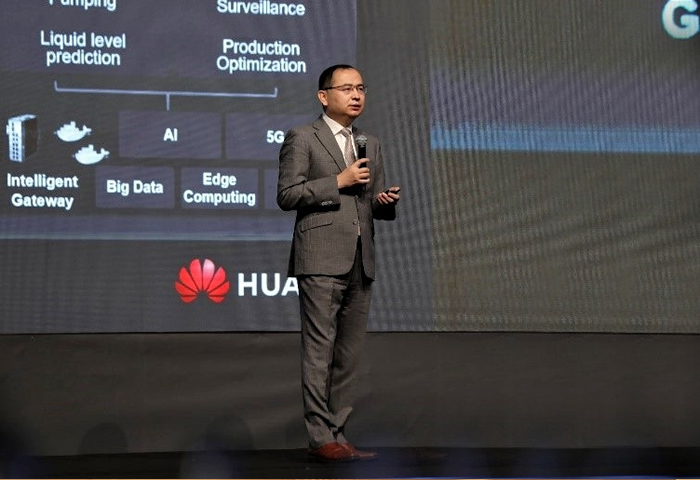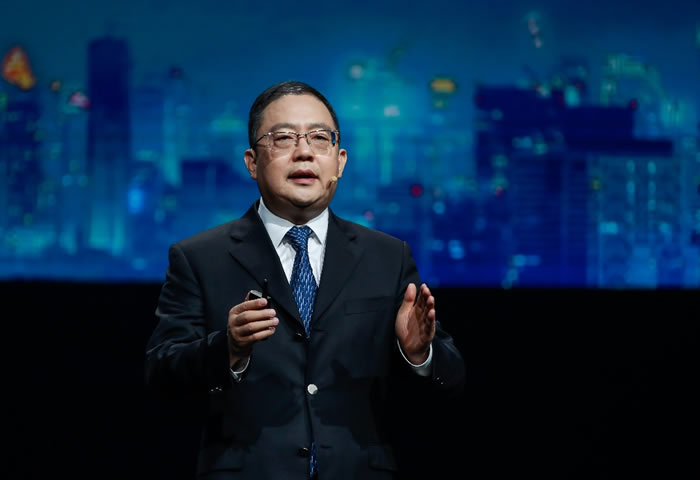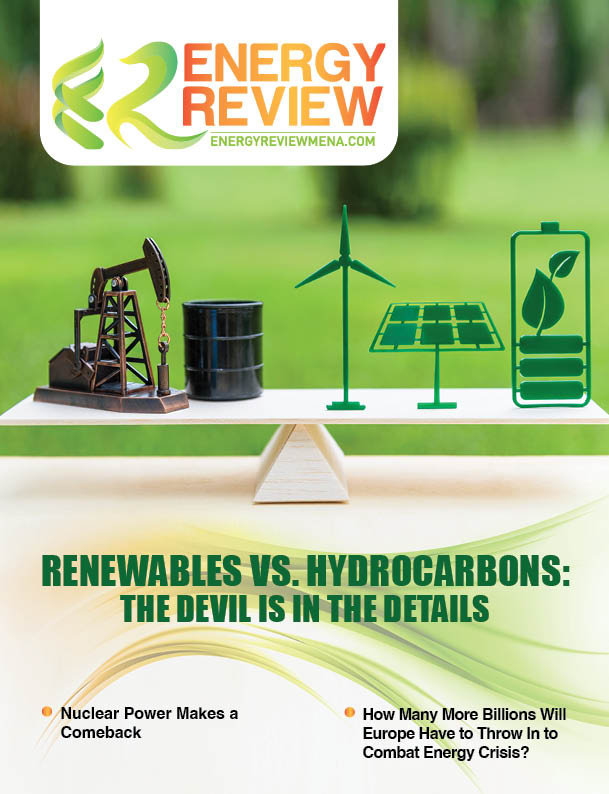By Kenny Lyu - Director of Ascend Computing International Business Dept, Huawei Cloud & AI BG
Computing today has been elevated from a mere utility to become an extension of human capability. It is a constantly evolving component of our societies, and is impacting the way we live, work, and interact with the world around us. We are witnessing the dawn of a new age of intelligent computing, in which – within just five years – artificial intelligence (AI) applications will account for more than 80% of all computing power used around the world. Increased computing power, however, requires increased energy, which is why these two essential sectors must work together to realize the full potential of tomorrow’s intelligent society
Ubiquitous computing power will form the cornerstone of an intelligent society. It will also require considerable energy. Increasing power consumption is one of the biggest challenges for future smart societies to overcome if they are to be sustainable. There is a conundrum in this situation: as computing power grows and intelligent societies emerge, more energy is required, but this will have a negative effect on global climate change unless energy is provided from clean, limited emission sources.
As such, leveraging emerging technologies such as cloud and AI can help us reshape our priorities and allow for intelligent societies to thrive without negatively impacting the environment. Having a more focused approach to developing and deploying cloud and AI solutions will form the bedrock of the digital world that can support the digital economy and the smart society of countries in the Middle East.
Implementing such technologies on an operational level can boost efficiencies of power grids by improving its predictive analysis methods to dispatch resources effectively, prepare for increased demand in advance, have greater control over processes, and provide better customer service; therefore, resulting in traditional power grids being more reliable and greener at the same time.
Common challenges such as difficulties in identifying faults and optimization opportunities, traditional and unreliable O&M, can all be addressed using AI applications. The new era of smart electricity powered by AI can ensure secure and stable power grid, power asset management and intelligent O&M, as well as perception and prediction of new types of loads.
One such example of this is Huawei’s CLOUD Ascend AI cluster services, it has achieved major breakthroughs in various sectors including the energy sector. These solutions ensure low power consumption, high computing power, improved O&M efficiency and seamlessly embeds AI without changing the existing device.
As such, tools are more widely adopted, and these innovations have the potential to revolutionize the operations and cost structure of energy companies. In addition, such solutions can reduce risk, improve health and safety and change the skill set of the sector’s human resource requirements. An open collaborative approach - between all players – industry partners, developers, public sector, and customers alike - to innovation in infrastructure can reshape the energy industry and build a successful, prosperous, and fully diversified intelligent society that is sustainable. By working together to tackle this issue now, everyone in society, from individuals to governments to big industries can reap the benefits down the line.

